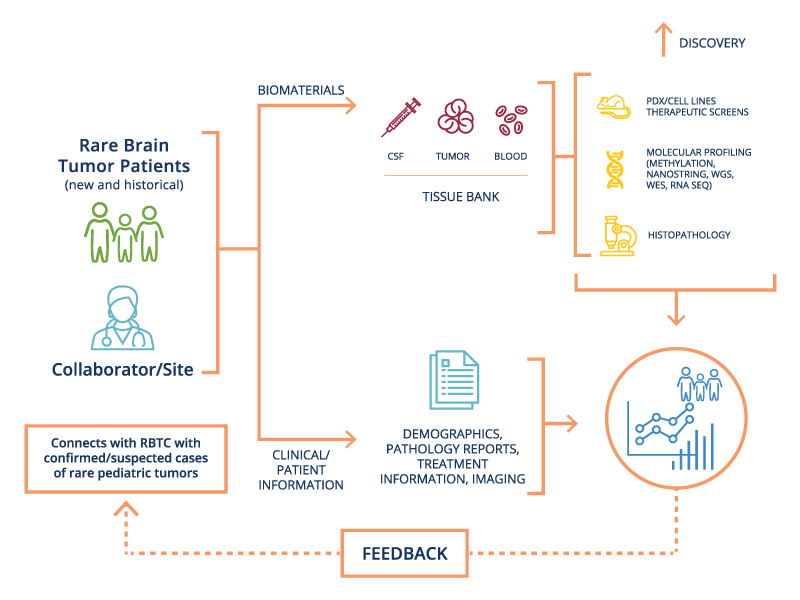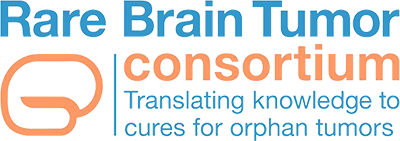Our mission
is to improve survival of children diagnosed with rare brain tumor by:

Developing better diagnostic tools

Developing new drugs and treatments

Linking doctors and researchers around the world

Connecting families with clinical trials

Linking doctors and researchers around the world
- The RBTC collects tumor, CSF and blood and clinical data from newly diagnosed or prior patients with suspected or confirmed rare brain tumor diagnoses from global member sites
- Biomaterials are used for
- Generation of cell lines for drug studies,
- Genetic, molecular and histopathologic studies to investigate or confirm diagnoses
- Genomic studies to discover nature of tumor-causing processes
- Clinical data of rare brain tumor patients including pathology reports, treatment and imaging information are linked with molecular findings and shared with the global community to
- Improve clinical recognition and develop more specific and sensitive diagnostic assays
- Inform new approaches or types of therapies for rare brain tumor patients


